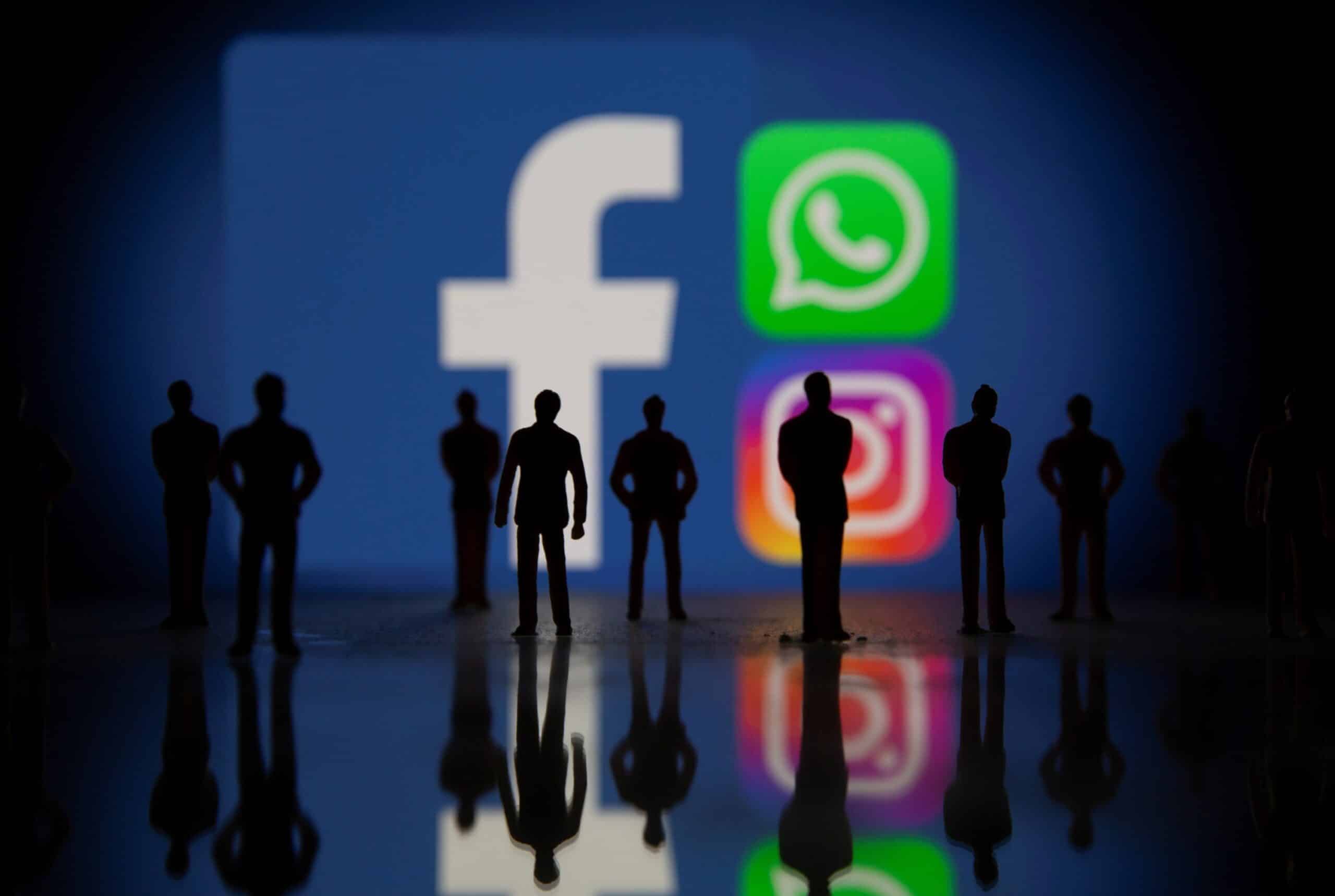In an event that took the digital world by storm, Facebook and Instagram went down simultaneously, causing a ripple effect across the globe. This outage not only disrupted personal communication but also impacted businesses reliant on these platforms for their day-to-day operations. The issue was traced back to a faulty configuration change within Facebook’s internal systems, underscoring the vulnerability of even the most robust digital networks.
Key Highlights:
- The outage was one of the longest in recent memory, affecting millions of users worldwide.
- Facebook’s internal communication tools and employee access systems were hampered, indicating a deep-rooted issue within their infrastructure.
- The incident occurred shortly after a whistleblower accused Facebook of prioritizing profit over user safety and well-being.
- Competing services like Telegram saw a surge in new users as a result of the outage.

Outage Overview
Facebook and Instagram’s outage was attributed to configuration changes on the backbone routers that coordinate network traffic between data centers. This disruption highlighted the complexities of maintaining a global digital infrastructure and the cascading effects that can arise from even minor adjustments.
The incident wasn’t just a technical failure; it arrived amidst growing scrutiny over Facebook’s operational priorities. A whistleblower’s testimony in the US Senate shed light on internal conflicts and raised questions about the social media giant’s commitment to user safety over profit margins.
The Impact and Response
The fallout from the outage was widespread. Users flocking to alternative services like Twitter and Telegram caused slowdowns on those platforms as well. Facebook’s attempt to address the issue was hampered by the very nature of the fault, which affected internal tools and delayed resolution efforts.
Mark Zuckerberg, CEO of Facebook, refuted claims made by the whistleblower, arguing that the notion of Facebook promoting content that harms for profit was illogical. However, this incident has only fueled the debate over the need for regulatory oversight and the ethical responsibilities of social media companies.
Facebook’s official response highlighted their regret over the inconvenience caused and emphasized their efforts to restore services. The tech giant also recognized the critical role its platforms play in the global digital ecosystem, reiterating its commitment to reliability and user safety.
User Migration and Competing Platforms
The outage underscored the fragility of online dependencies, as evidenced by the mass migration to alternative messaging apps. Telegram, in particular, reported a record increase in user registration and activity during the downtime, highlighting the need for diversified digital communication strategies.
The simultaneous outage of Facebook and Instagram serves as a stark reminder of the vulnerabilities inherent in our digital infrastructure. While technical glitches can occur, the timing and context of this outage have sparked a broader conversation about the role of major tech companies in safeguarding the digital public square. As we navigate an increasingly interconnected world, the balance between innovation, profit, and ethical responsibility remains a critical conversation.





























